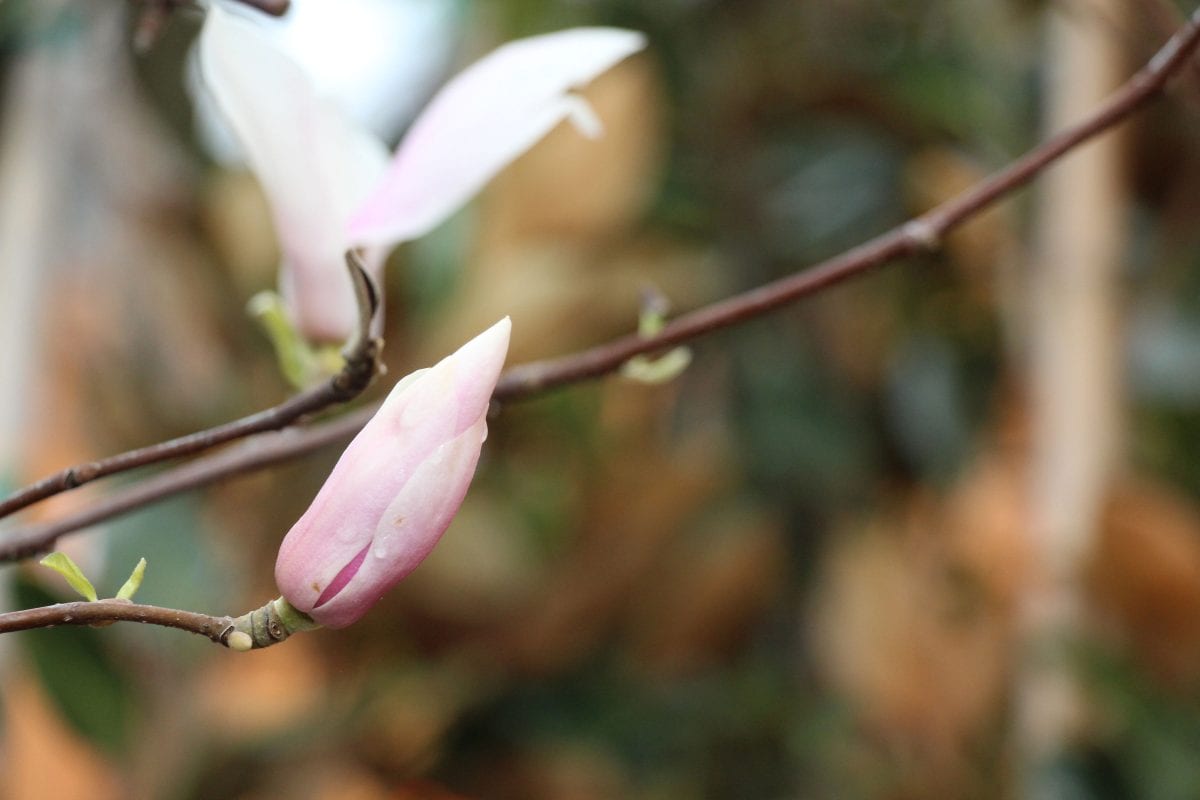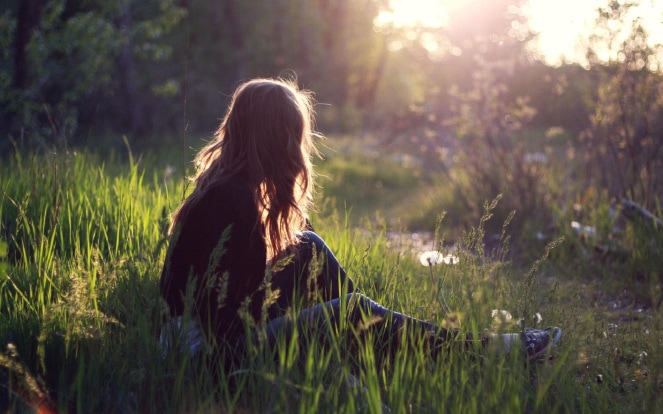By Nichole Warwick, Environmental Health Program Manager
The beginning of February marks the halfway point between the winter solstice and the spring equinox and is a time of celebration in earth-based traditions. During this time, we notice the daylight growing and feel delight at the emergence of spring. The dormancy and darkness of winter moves through; the time of deep seasonal reflection transitions to a time for metabolizing learning, cleansing our bodies, increasing physical movement, and taking action with the land, water, and life. There is much to be grateful for and much to still be observed, reflected upon, felt and grieved as we make this transition into Spring.
The climate crisis continues to unfold on an unprecedented global scale and we’ve lived through some very challenging climate emergencies right here in our community. This upheaval has a profound affect on our individual emotional and physical health, our social functioning, our overall well-being, and the health of our community. So how do we navigate the climate crisis while cultivating emotional resiliency?
With heart and with action, dear Daily Actor. We prioritize important self-care, grow our skills, and remember the things that reconnect us to who and what matters most. We connect to nature and gather as community. We intentionally cultivate greater personal and collective resilience.
If you are stirring with the complex emotions associated with the climate crisis, we invite you to join us on March 14th for an experiential workshop Building Resilience in the Time of Climate Crisis with Mimi Bashaw, Shannon Rogge, and Nichole Warwick. During these poignant times of climate disruption, we’ll gather in community to learn and build resiliency skills. We’ll explore the emotional, psychological, and health impacts of the climate crisis and process our personal and collective eco-grief and anxiety through art, writing, movement, and small group sharing.
You are not alone in your grief for the planet. We all, on some level, are feeling and reacting to what is happening to our collective home. To address environmental crises from a place of rationality and wisdom, it will require finding healthy ways to feel, share and work on the grief and fear that many are experiencing. As Sarah Crowell says, ‘The way we hold it all together, is to hold it, together.’



